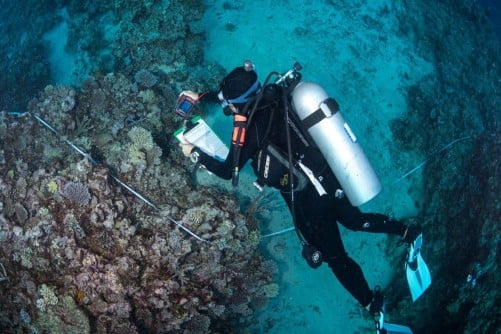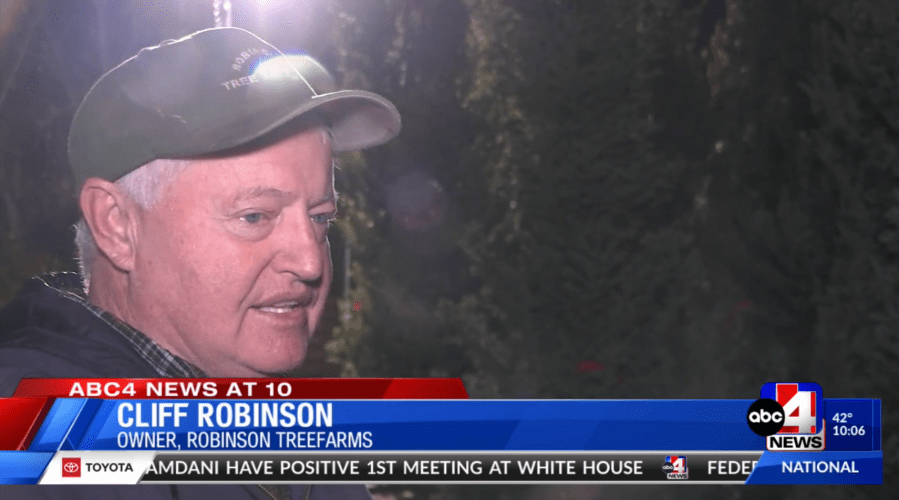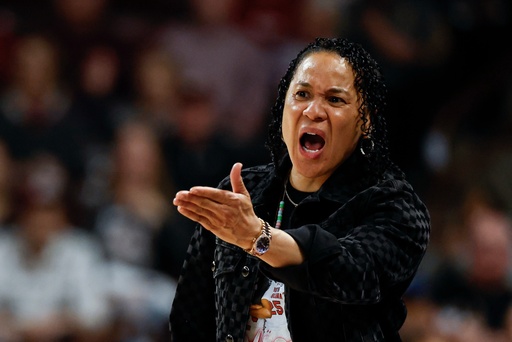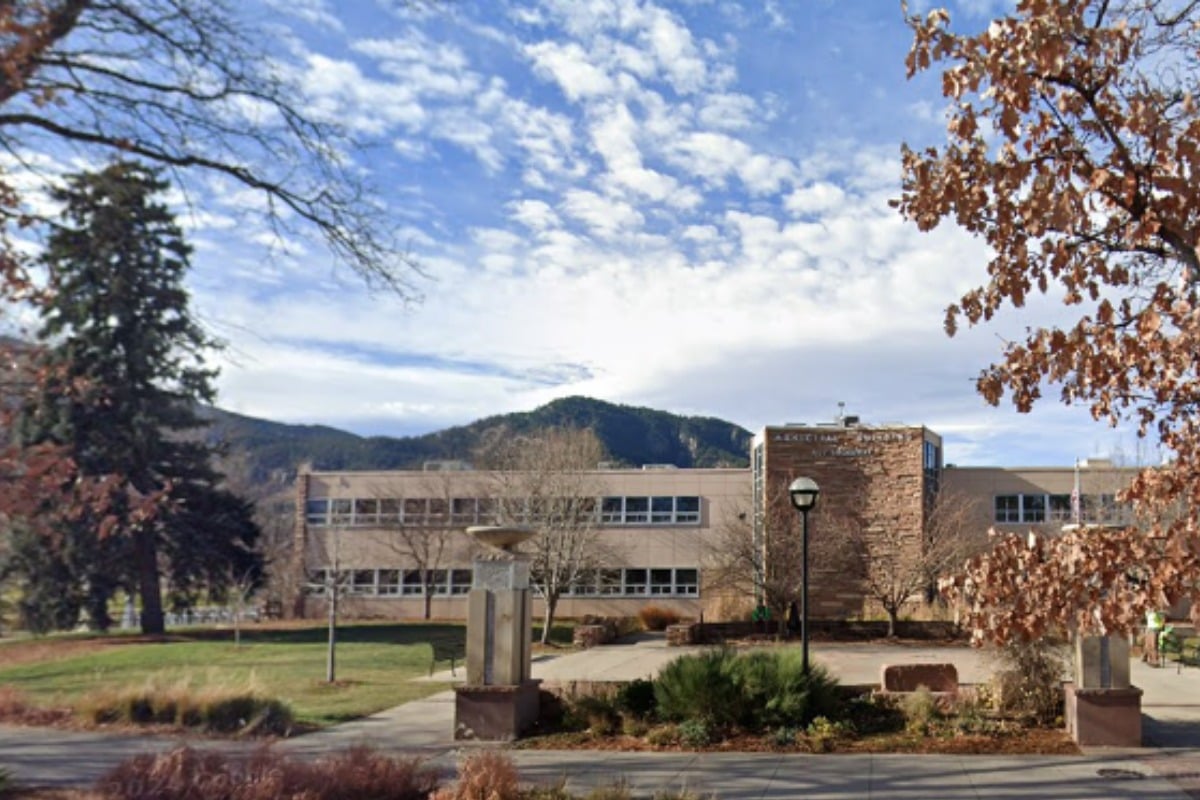UPDATE: The Wildlife Conservation Society (WCS) has just been awarded $2 million from the Bezos Earth Fund to enhance artificial intelligence solutions aimed at tackling urgent climate and biodiversity challenges. Announced on October 23, 2025, this funding is part of the Bezos Earth Fund’s AI for Climate and Nature Grand Challenge, which supports innovative projects worldwide.
This pivotal funding will enable WCS to revolutionize coral reef monitoring and protection efforts globally. The organization plans to leverage AI and citizen science to pinpoint and safeguard the world’s most climate-resilient coral reefs. These efforts are crucial as they support biodiversity, coastal communities, and the global 30×30 conservation goals aimed at protecting 30% of Earth’s natural habitats by 2030.
Dr. Emily Darling, Director of Coral Reef Conservation at WCS, emphasized the significance of this award:
“This award helps us turn AI innovation into real-world conservation impact. With support from the Bezos Earth Fund, we’re advancing foundational AI models for coral reef monitoring and inviting divers and citizen scientists everywhere to join the effort to map, monitor, and protect the reefs most likely to survive climate change.”
Launched in 2024, the Bezos Earth Fund’s initiative is a $100 million program designed to harness AI to combat the dual crises of climate change and biodiversity loss. It connects innovators with essential resources and mentorship from leading technology companies, including AWS, Google.org, and Microsoft Research.
Dr. Amen Ra Mashariki, Director of AI and Data Strategies at the Bezos Earth Fund, stated that these projects illustrate how responsible AI development can enhance environmental action. “These projects show how AI, when developed responsibly and guided by science and local knowledge, can strengthen environmental action and ensure its overall impact on the planet is positive,” he said.
The MERMAID AI project, a collaborative effort with partners, will accelerate coral reef monitoring and policy impact in over 50 countries. Kim Fisher, Lead Software Engineer for MERMAID, stated:
“Our goal is to make advanced AI tools accessible to every scientist and diver working to protect coral reefs. The power of open, shared models is that they grow stronger with every image and every user.”
Over the next two years, WCS will integrate global citizen science apps for divers into MERMAID, develop an open-source AI model capable of identifying more than 100 coral species, and create real-time maps of climate-resilient reefs. These innovations will empower local scientists and communities with vital data to protect reefs that sustain fisheries, coastal livelihoods, and contribute to climate adaptation.
Dr. Stacy Jupiter, Executive Director of WCS’s Global Marine Program, highlighted that their research is already identifying coral reefs capable of withstanding even extreme climate impacts. “As a key pillar of our newly launched Coral Reef Strategy, WCS is excited to harness the power of cutting-edge computing technology to help identify more of these high integrity climate-resilient reefs for targeted management action,” she stated.
The Wildlife Conservation Society operates globally, combining the resources of its zoos and aquarium in New York City with a conservation program spanning over 50 countries. WCS protects more than 50% of Earth’s known biodiversity in partnership with various stakeholders, including governments and local communities.
As WCS embarks on this vital project, the implications for coral reef conservation are significant. This initiative not only strives to safeguard marine biodiversity but also aims to inspire a global movement toward climate resilience and sustainability.
For more information, visit WCS’s newsroom at newsroom.wcs.org and follow them on Twitter at @WCSNewsroom.







